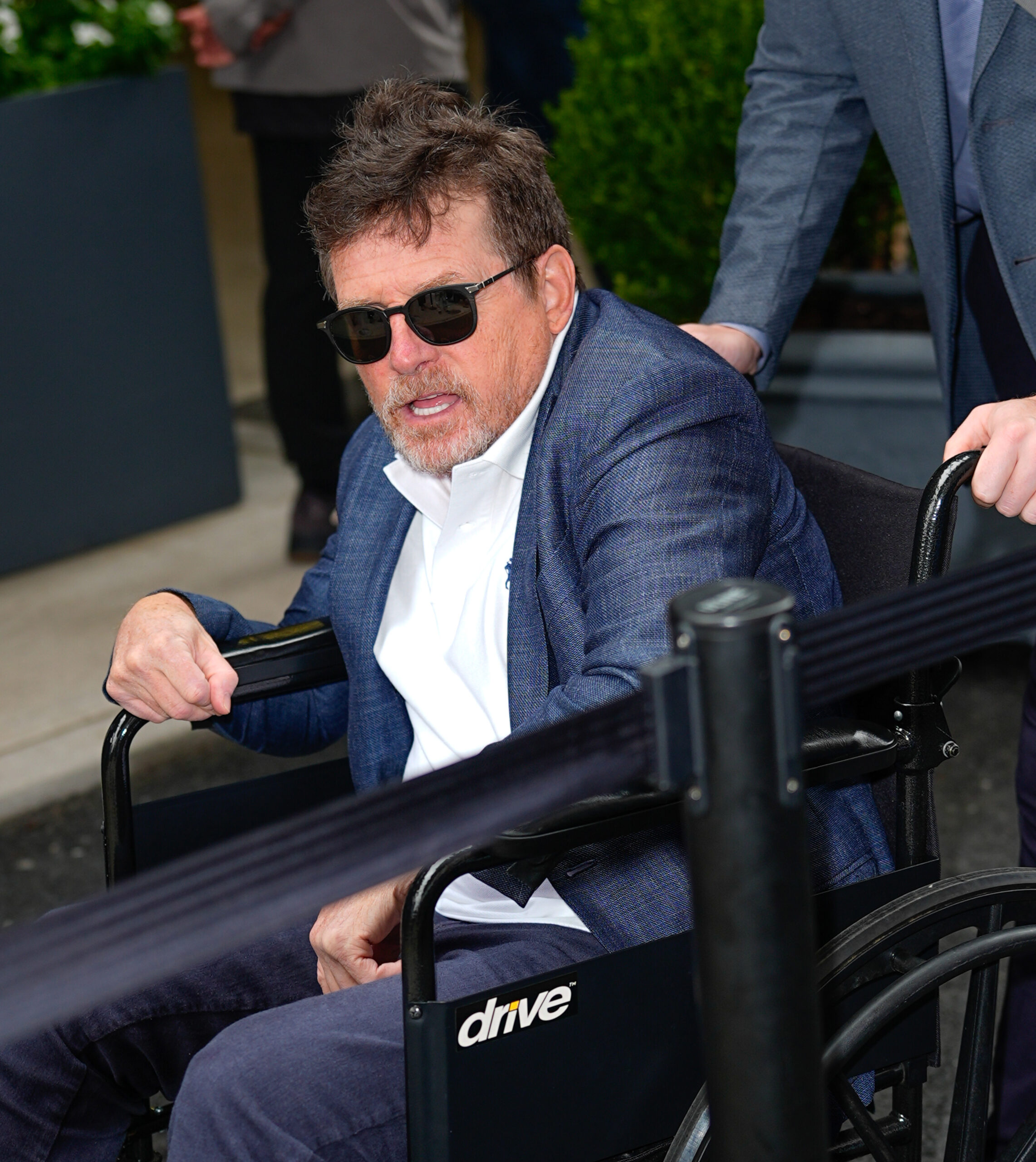Beloved actor and advocate Michael J. Fox has always met his three-decade-long battle with Parkinson’s disease with remarkable public courage. In a series of recent, deeply personal interviews, the “Back to the Future” star has opened up about the escalating physical challenges he faces and his poignant reflections on his own mortality. His candid admissions provide a sobering yet inspiring look at life with a progressive, incurable disease.

Now 64, Fox was diagnosed with Parkinson’s in 1991 at the age of 29. For years, he has been a towering figure in the fight against the condition, raising over $2 billion through his Michael J. Fox Foundation. Despite being honored with the Presidential Medal of Freedom for his advocacy, his daily reality has become increasingly difficult. He revealed that he now primarily uses a wheelchair, a necessary adjustment after a series of dangerous falls.

The risk of injury has become a central concern in his life. Fox recounted a particularly brutal three-year period where the disease’s impact on his mobility led to severe accidents. “I broke my elbow, I broke my hand, I got a big infection in my hand and I almost lost my finger,” he told The Times. This has led him to a cautious approach, stating, “I take it easy now, I don’t walk that much anymore. I can walk but it’s not pretty and it’s a bit dangerous.”
These physical realities have naturally led Fox to contemplate his mortality. He has previously clarified that while Parkinson’s itself is not typically a direct cause of death, it leads to complications like falls and choking that can be fatal. In a heartbreakingly simple admission, he shared his hope for a peaceful end. “I’d like to just not wake up one day. That’d be really cool. I don’t want it to be dramatic. I don’t want to trip over furniture, smash my head,” he said.
Despite these profound challenges, Fox’s enduring spirit and focus on the future remain intact. His energy is directed not inward on his own suffering, but outward toward the mission of his foundation. He told reporters that he is constantly thinking about what the Parkinson’s community can do “to figure this out and find a cure.” His journey continues to be defined not by the disease, but by his relentless optimism and determination to make a difference for millions.


